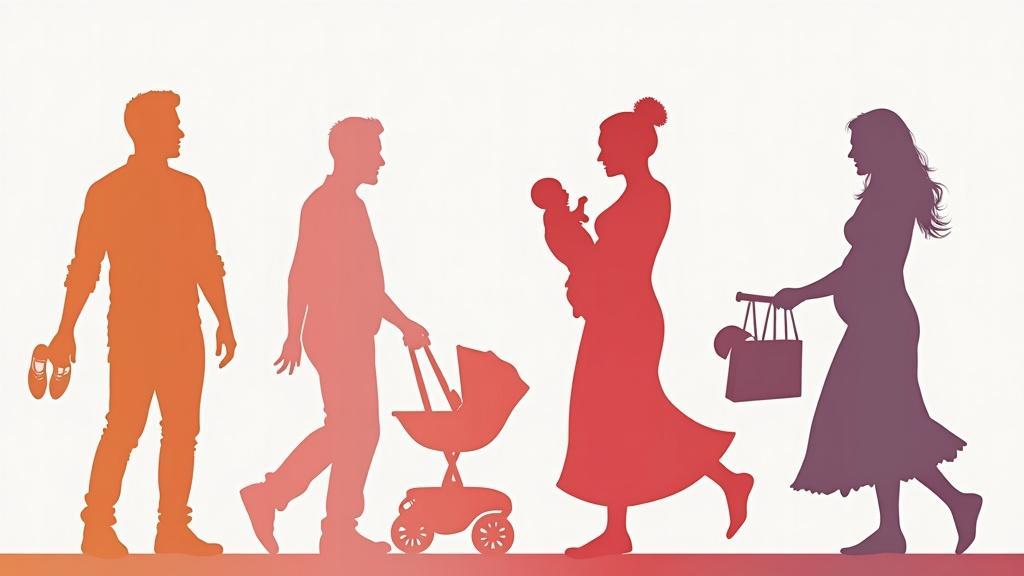Kindergarten is a critical phase in a child’s educational development, laying the groundwork for future academic success. This stage offers children the chance to acquire essential life skills. In kindergarten, children learn social interaction, following instructions, and cultivating a passion for learning.
It introduces fundamental academic concepts such as the alphabet, numeracy, and geometric shapes. Moreover, kindergarten aids in the development of crucial social and emotional competencies, including empathy, collaboration, and self-control. These skills are vital for overall development and contribute to success in both academic and personal spheres.
Additionally, kindergarten provides a structured environment that prepares children for the more formal education they will encounter in subsequent grades. It helps them understand the significance of routines, rules, and responsibilities. Kindergarten also nurtures independence and self-confidence in children as they learn to navigate new experiences and overcome challenges.
In essence, kindergarten plays a pivotal role in shaping a child’s attitude towards learning and establishes a foundation for future academic achievements.
Key Takeaways
- Kindergarten is important for laying the foundation for a child’s future academic success and social development.
- School readiness involves a child’s ability to follow directions, work independently, and interact with peers and teachers.
- Social and emotional development in kindergarten is crucial for building empathy, self-regulation, and positive relationships with others.
- Academic expectations in kindergarten include basic literacy and numeracy skills, as well as developing a love for learning.
- Communication with teachers is essential for parents to stay informed about their child’s progress and to address any concerns or questions.
- Parent involvement in kindergarten can positively impact a child’s academic and social development, and can also support the school community.
- Transition tips for kindergarten include establishing routines, practicing self-help skills, and visiting the school beforehand to ease the child’s anxiety.
School Readiness
Cognitive and Social Skills
These skills include cognitive abilities, such as language and literacy skills, as well as social and emotional skills, such as the ability to regulate emotions and interact with peers. A child’s cognitive abilities, including language and literacy skills, lay the foundation for their academic success. Meanwhile, their social and emotional skills, such as emotional regulation and peer interaction, are vital for building strong relationships with teachers and classmates.
Physical Skills
School readiness also involves physical skills, such as fine and gross motor skills, which are necessary for tasks such as writing and participating in physical activities. Fine motor skills, such as hand-eye coordination and dexterity, are essential for writing, drawing, and using scissors. Gross motor skills, such as running, jumping, and balance, are necessary for participating in physical activities and sports.
Supporting School Readiness
To ensure that children are ready for kindergarten, it is essential for parents and educators to work together to support their development in these areas. This can involve providing opportunities for children to engage in activities that promote their cognitive, social, emotional, and physical development. Additionally, creating a supportive and nurturing environment at home that encourages children to explore, learn, and develop new skills can make a significant difference. By focusing on school readiness, parents and educators can help children make a smooth transition into kindergarten and set them up for success in their academic journey.
Social and Emotional Development

Kindergarten is a critical time for children to develop their social and emotional skills. It is during this stage that they learn how to interact with others, manage their emotions, and develop empathy and cooperation. These skills are essential for building positive relationships with peers and adults, as well as for navigating the social dynamics of the classroom.
Social and emotional development in kindergarten also lays the groundwork for children to develop a strong sense of self-esteem and confidence. In order to support children’s social and emotional development in kindergarten, it is important for educators to create a nurturing and inclusive classroom environment. This can involve implementing activities that promote teamwork, communication, and conflict resolution.
It can also involve teaching children about emotions and how to express themselves in healthy ways. Additionally, parents can play a crucial role in supporting their child’s social and emotional development by providing a loving and supportive home environment that encourages open communication and empathy.
Academic Expectations
Kindergarten is the first formal introduction to academics for many children, and it is important for educators to set appropriate academic expectations for this age group. While it is important for children to be exposed to basic academic concepts such as letters, numbers, and shapes, it is equally important for educators to create a developmentally appropriate curriculum that meets the needs of each child. This can involve using hands-on activities, games, and play-based learning to introduce academic concepts in a fun and engaging way.
In addition to introducing academic concepts, kindergarten also provides children with the opportunity to develop important foundational skills such as critical thinking, problem-solving, and creativity. Educators can support children’s academic development by providing opportunities for them to explore their interests, ask questions, and engage in meaningful learning experiences. By setting appropriate academic expectations and providing a supportive learning environment, educators can help children develop a love for learning that will benefit them throughout their academic journey.
Communication with Teachers
Effective communication between parents and teachers is essential for supporting children’s success in kindergarten. It is important for parents to stay informed about their child’s progress, as well as any challenges or concerns that may arise. This can involve attending parent-teacher conferences, staying in touch with the teacher through email or phone calls, and participating in school events and activities.
By maintaining open lines of communication with teachers, parents can gain valuable insights into their child’s strengths and areas for growth. On the other hand, teachers can also benefit from open communication with parents as it allows them to gain a better understanding of each child’s individual needs and interests. This can help teachers tailor their instruction to meet the needs of each child and create a supportive learning environment.
By working together, parents and teachers can create a strong support system for children as they navigate the challenges and opportunities of kindergarten.
Parent Involvement

Forms of Parent Involvement
Parent involvement can take many forms, including volunteering in the classroom, participating in school events, helping with homework, and engaging in conversations with their child about their day at school.
Creating a Supportive Home Environment
Furthermore, parent involvement can also extend beyond the classroom by creating a supportive home environment that encourages learning and exploration. This can involve providing opportunities for children to engage in educational activities at home, such as reading together, playing educational games, and exploring new interests.
Building a Strong Foundation for Academic Success
By being actively involved in their child’s education, parents can help create a strong foundation for their child’s academic success.
Transition Tips
Transitioning into kindergarten can be an exciting yet challenging time for both children and parents. To help make the transition smoother, it is important for parents to prepare their child by talking about what to expect in kindergarten and addressing any concerns or fears they may have. This can involve visiting the school before the first day, meeting the teacher, and familiarizing the child with the classroom environment.
Additionally, establishing routines at home can help children feel more prepared for the structure of the school day. This can involve setting regular bedtimes, meal times, and designated times for homework or reading. By creating a predictable routine at home, children can feel more secure and confident as they transition into kindergarten.
In conclusion, kindergarten plays a crucial role in shaping a child’s academic, social, and emotional development. By setting appropriate academic expectations, fostering open communication between parents and teachers, encouraging parent involvement, and providing support during the transition into kindergarten, we can help ensure that children have a positive experience that sets them up for success in their future educational journey.



